GenPath Africa expands training initiatives to strengthen genomic capacity across the continent
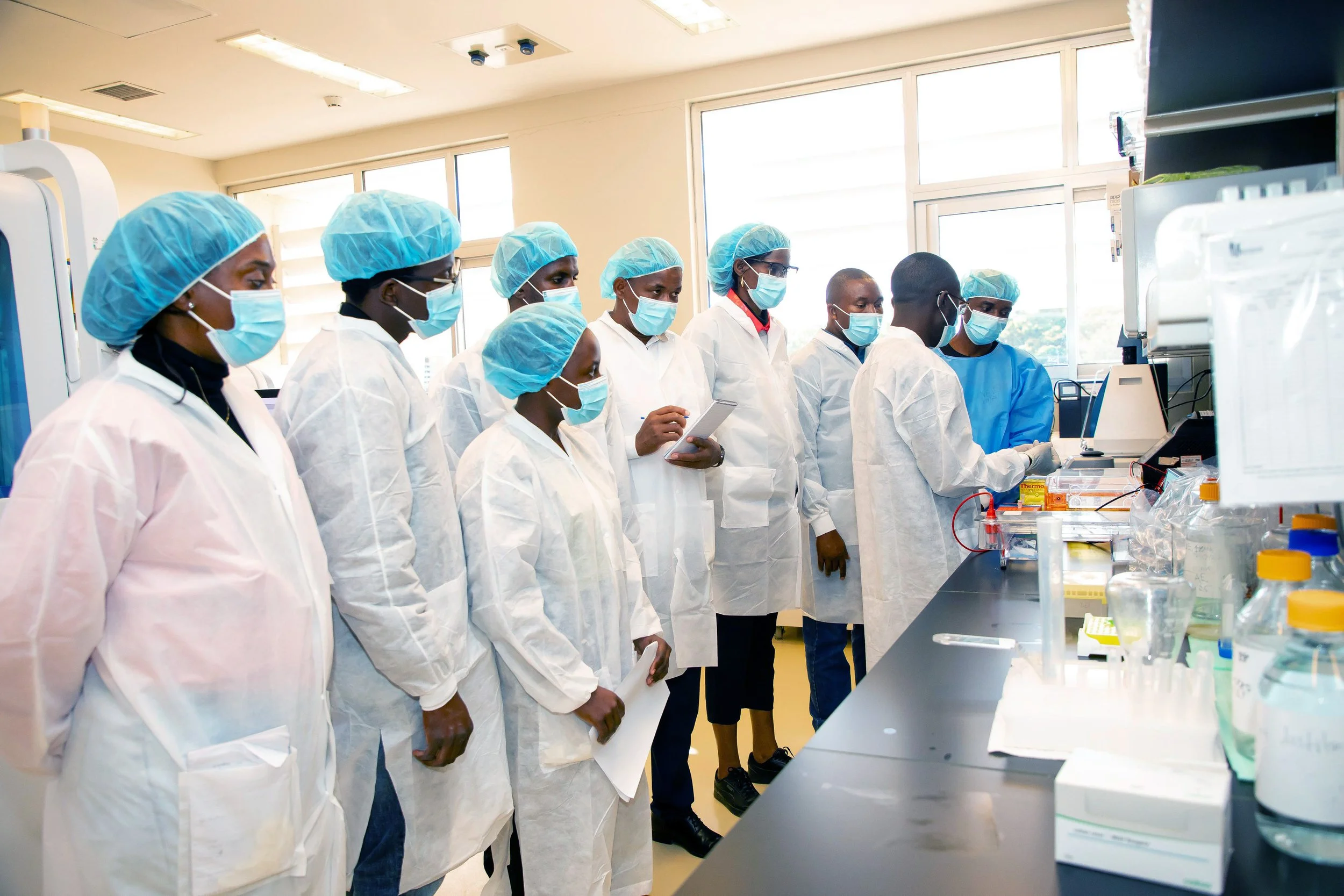
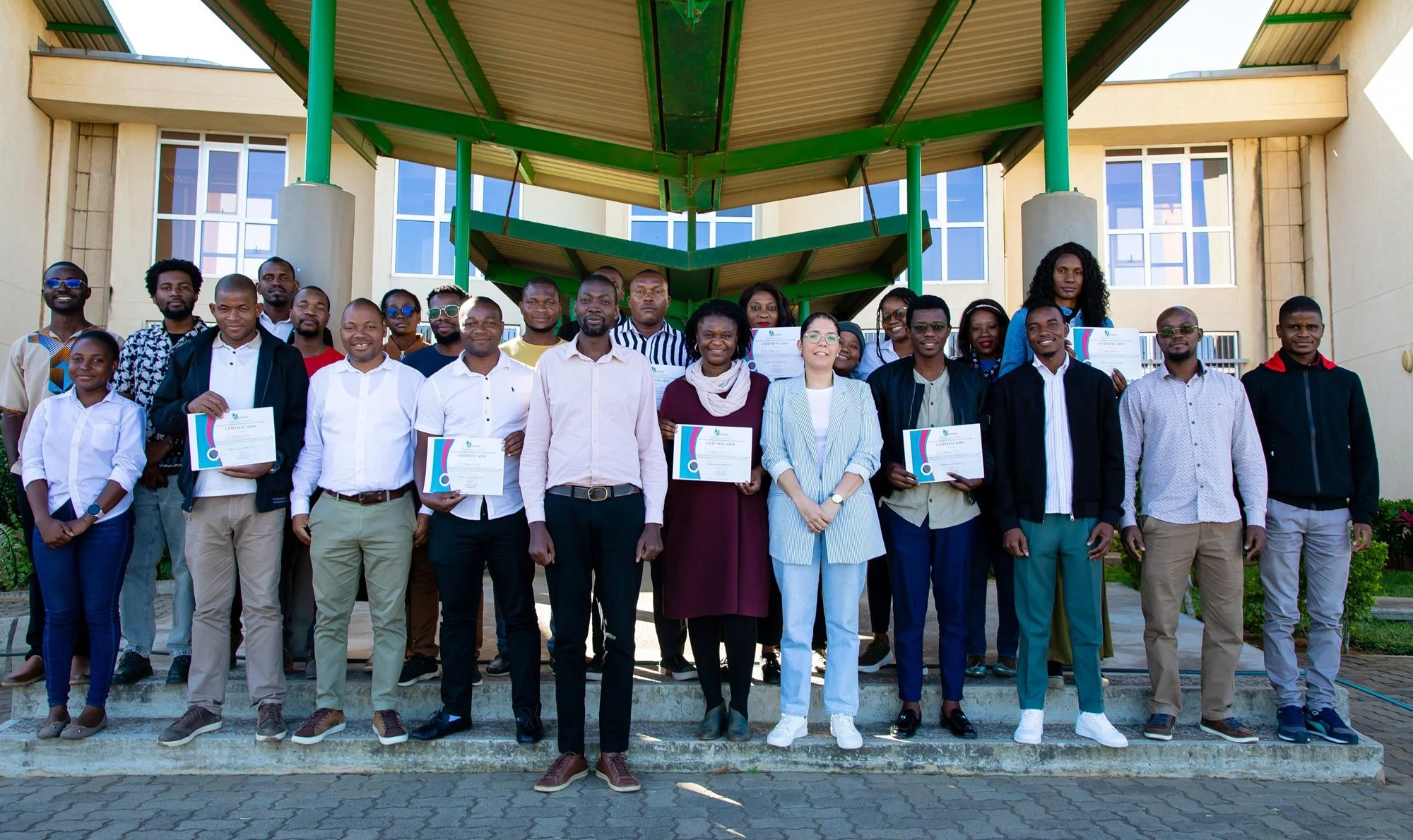
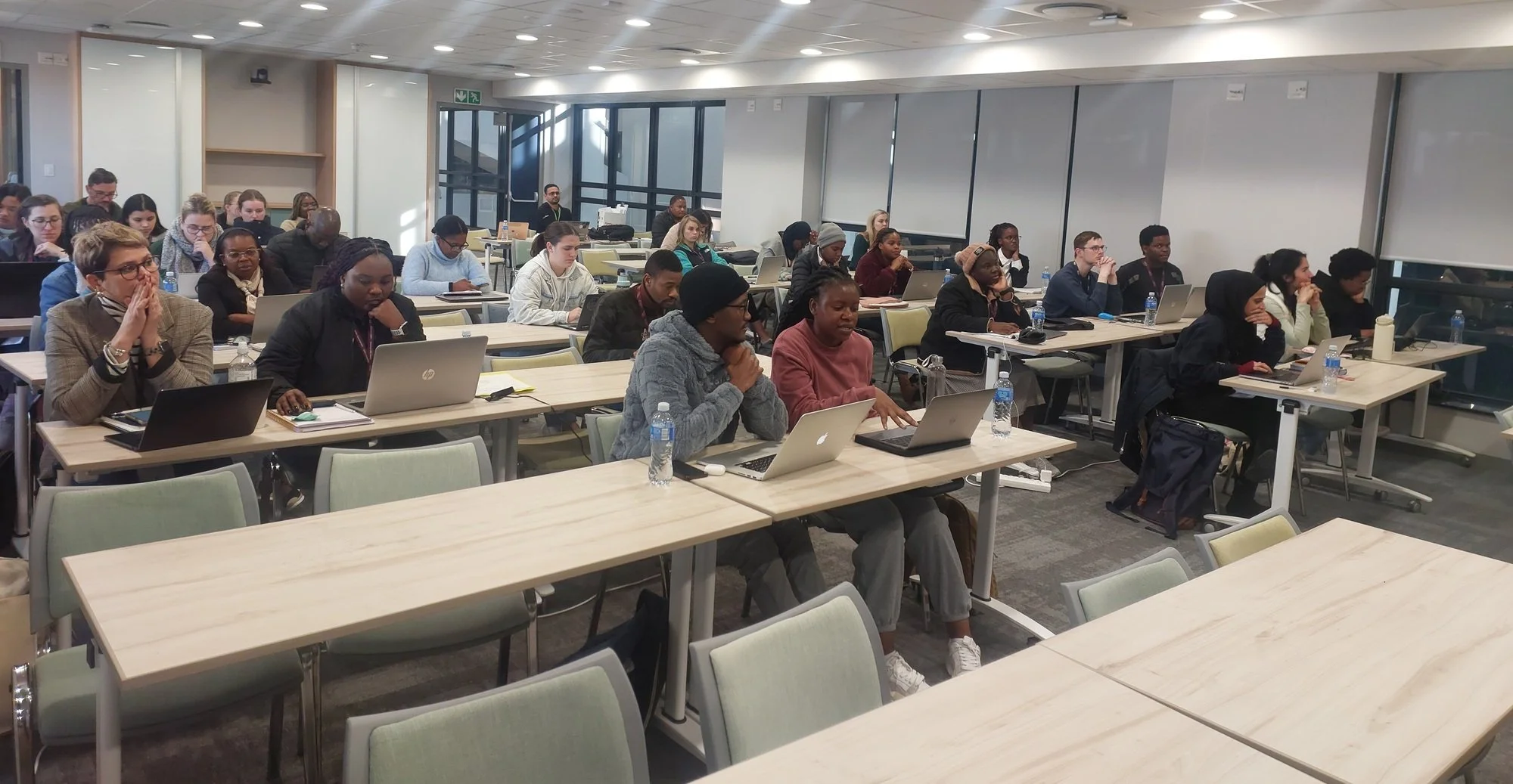
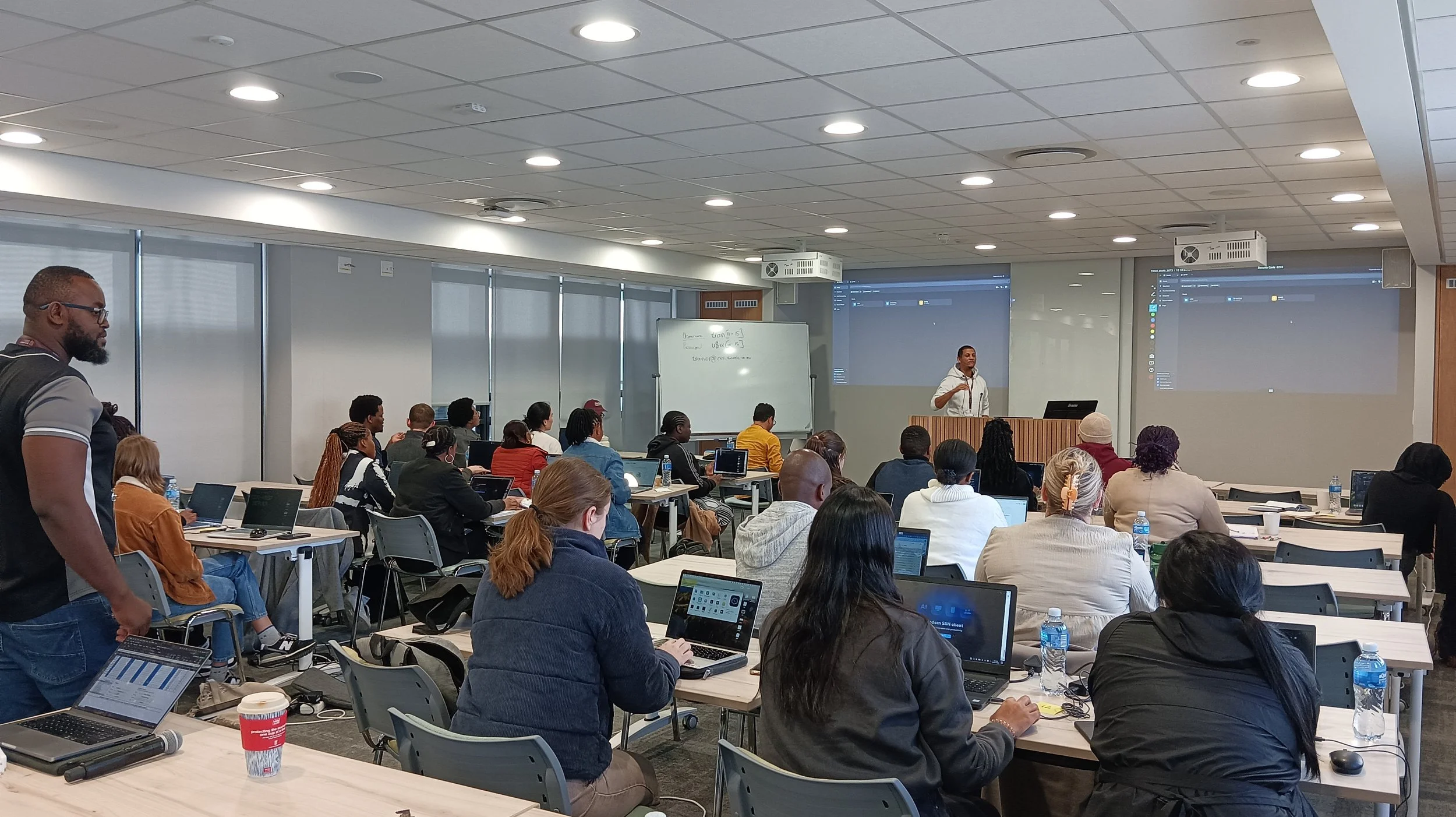
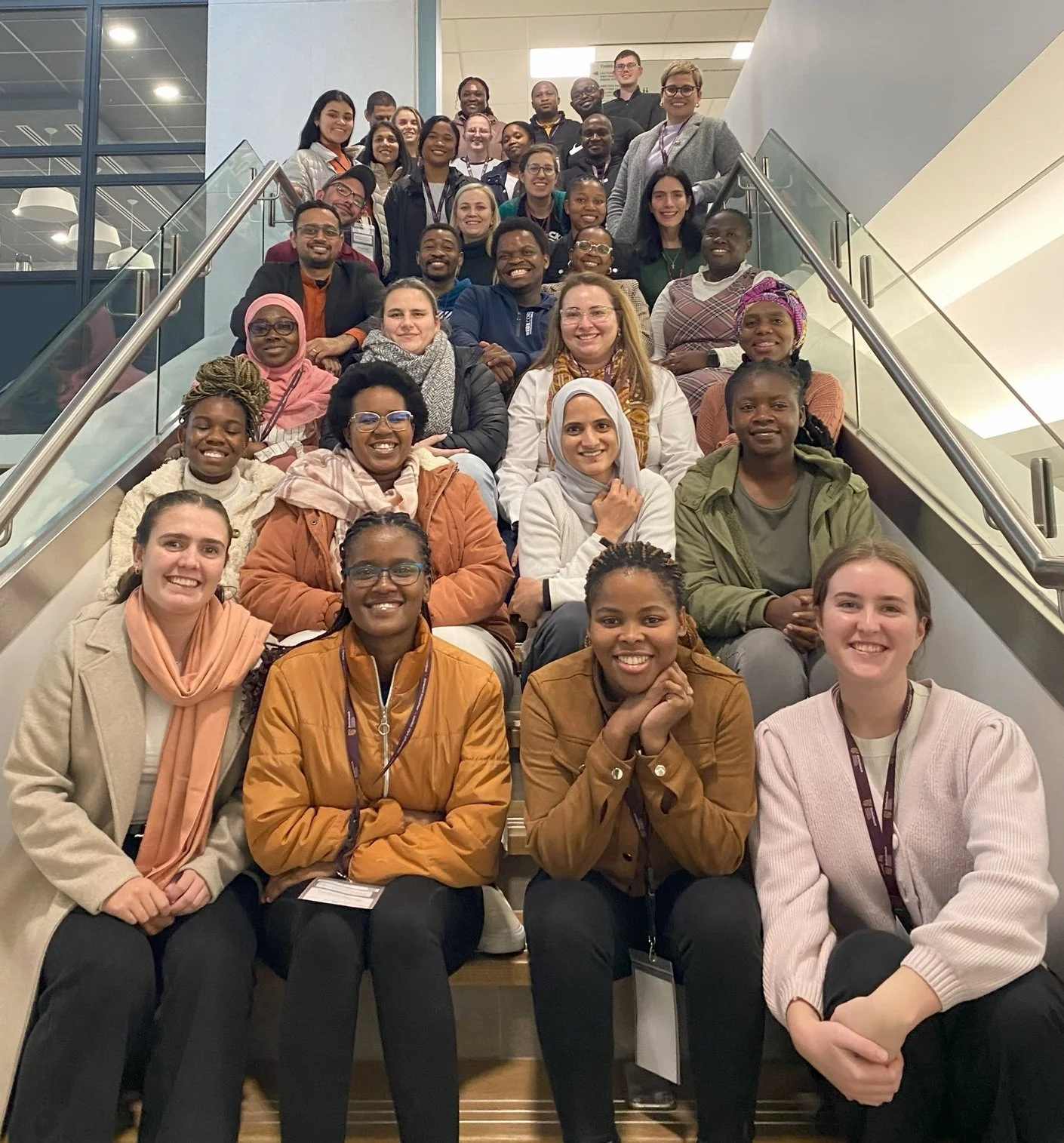
As part of its mission to strengthen genomic research and epidemic response, the GenPath Africa project continues to invest in training initiatives that equip scientists, health technicians, and researchers with the knowledge and essential skills needed to apply genomics to public health. In July 2025, members of our consortium held two hands-on genomics trainings in Mozambique and South Africa. Focused on pathogen genetic sequencing for public health surveillance and tuberculosis (TB) genomics and bioinformatics, these courses offered a great opportunity to advance disease surveillance and control efforts across the continent.
Building expertise in tuberculosis genomics and bioinformatics
From 7-10 July 2025, several GenPath Africa consortium members organised an intensive training program on “Theoretical and Practical Training in Tuberculosis Genomics Bioinformatics.” Hosted at Stellenbosch University’s Biomedical Research Institute (BMRI) in Cape Town, South Africa, the course was designed to provide researchers and bioinformaticians with a solid theoretical foundation and hands-on experience in the rapidly evolving field of TB genomics.
Over the course of four days, participants explored how TB data is generated and were introduced to the machines and technologies used in genomic sequencing. They were trained on how to safely transfer and manage sequencing data and learned how to ensure data integrity and security. The training also placed a strong emphasis on reproducible data analysis and on the interpretation of sequencing results to track TB transmission and identify drug resistance. The training equipped participants with essential skills to support public health programmes in assessing treatment efficacy and monitoring emerging resistance patterns.
The course was guided by the expertise of eight leading scientists from Stellenbosch University, many of whom are key members of the GenPath Africa consortium. From the TB Genomics Group, Prof Rob Warren, Dr Emilyn Costa Conceição, and Dr Nabila Ismail contributed their knowledge and experience. They were joined by colleagues from the Centre for Epidemic Response and Innovation (CERI), including project coordinator Prof Tulio de Oliveira, Dr Cheryl Baxter, Dr Thomas Sanko, MSc Derek Tshiabuil, and Dr Eduan Wilkinson. The core Bioinformatics training was given by the university’s Bioinformatics Group, with contributions from MSc Abhinav Sharma, supported by Prof Gian van der Spuy.
The training attracted a diverse cohort of 30 participants, not only from Stellenbosch University but also from national and regional institutions across southern Africa. Attendees included representatives from the National Health Laboratory Service (NHLS), the University of Cape Town and NHLS Groote Schuur Hospital, as well as participants from the Namibia University of Science and Technology (NUST) and Mozambique’s Instituto Nacional de Saúde (INS).
Advancing technical skills in molecular sequencing for public health
In the same week, our colleagues at the Biotechnology and Genetics Laboratory at the Instituto Nacional de Saúde (INS) in Mozambique hosted a specialised training on pathogen genetic sequencing. From 7-11 July, they welcomed nine health technicians from molecular biology laboratories across Cabo Delgado, Nampula, Niassa, Tete, and Zambézia provinces, along with representatives from the Agricultural Research Institute of Mozambique (IIAM).
Over the course of five days, the training combined comprehensive theoretical instruction with intensive hands-on practice in pathogen genomics. Participants gained expertise in genetic sequencing for surveillance, alongside essential training in good laboratory practices, nucleic acid extraction, library preparation, quality control, and DNA sequencing. Trainees left equipped with deeper theoretical knowledge, practical lab skills, and technical competencies that are directly applicable to public health and disease surveillance efforts - marking an important step in strengthening Mozambique’s genomic surveillance capacity.
Strengthening Africa’s Genomic Future
Together, these training initiatives underscore GenPath Africa’s strategic approach to capacity building. By strengthening both laboratory and bioinformatics expertise, the GenPath Africa consortium is helping to build a sustainable network of African scientists and health care professionals prepared to lead disease surveillance efforts, respond to emerging epidemics, and improve public health outcomes across the continent.
